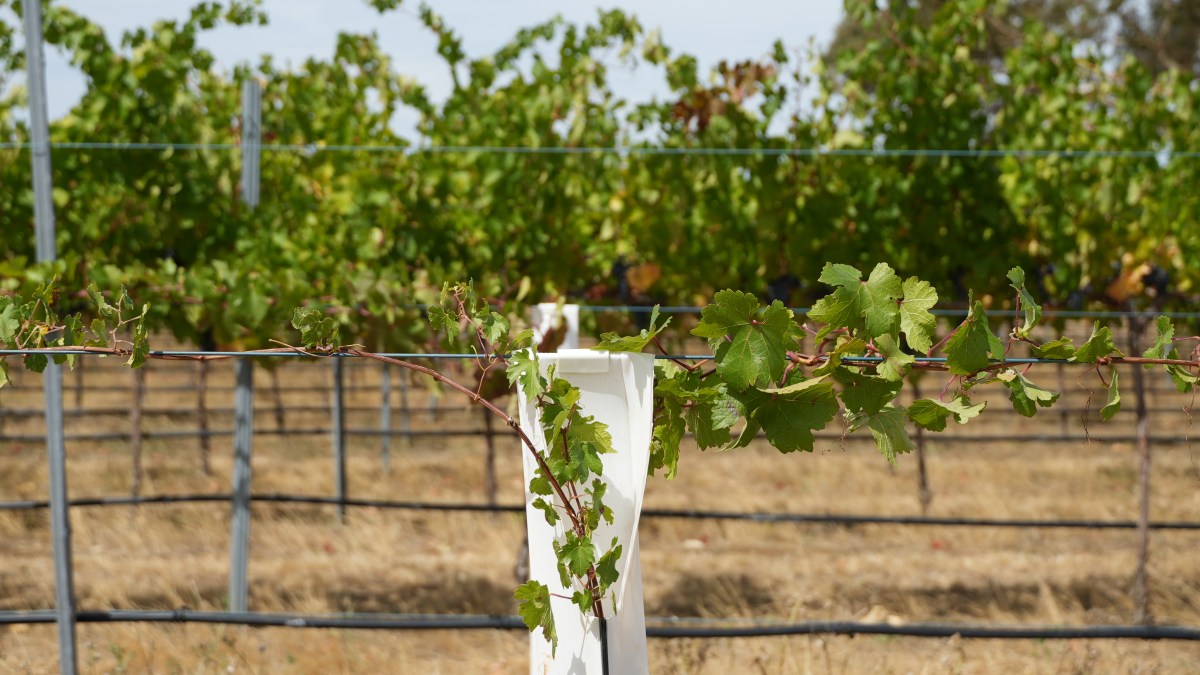Treasury Wine Estates (TWE) has detailed a year of significant sustainability achievements in its 2025 Cultivating a Brighter Future Report, underscoring the company’s growing commitment to resilience, responsible production, and climate action across its international operations.
The report, which replaces the former Sustainability Report, sets out TWE’s progress across environmental, social and governance (ESG) priorities for the year ending 30 June 2025. It highlights major milestones including the shift to 100 per cent renewable electricity, expanded water stewardship programs, strengthened diversity outcomes, and innovation in no- and low-alcohol wine production.
That transition to 100 per cent renewable electricity across all global operations was originally set as a target for 2024, but has now been achieved through a combination of on-site solar installations, power purchase agreements, and renewable energy certificates.
The company also continued progressing toward its goal of net zero Scope One and Two emissions by 2030. Initiatives included the rollout of LED lighting, electric and hybrid vehicles, and EV charging infrastructure.
Climate resilience has remained a core focus for the winemaker. Collaborations with the Commonwealth Scientific and Industrial Research Organisation (CSIRO) advanced long-term vineyard adaptation projects, including the planting of new mildew-resistant rootstocks at Wynns Coonawarra Estate. TWE said these efforts aim to safeguard viticulture in Australia’s key regions against climate-related threats and reduce vineyard inputs while maintaining quality.
Expanding water stewardship
TWE achieved its goal of installing smart water meters across all production sites in high- and medium-risk catchments, giving the company real-time visibility of water use and efficiency. The meters support its Treasuring Water strategy, which is designed to reduce consumption and evaporation across its network.
Complementary measures, such as dam lining projects and water storage optimisation, have contributed to greater resilience in drought-prone regions. TWE also reported a strong improvement in water efficiency, using 26.8 litres per nine-litre equivalent (L/9LE) compared with 34.6 L/9LE the previous year.
Safety, inclusion and culture
Safety remains a non-negotiable priority for the company. Through its ‘Build Safe Together’ campaign and ongoing leadership training, TWE said it has achieved a 40 per cent reduction in its three-year rolling Serious Safety Incident Frequency Rate, which was double its target for the period.
Cultural transformation also continued to deliver measurable results. Women now make up 48.4 per cent of senior leadership positions and 45.2 per cent of the global workforce, while female representation on the Board increased to 55.6 per cent. The company recorded its highest inclusion score to date (76 per cent), driven by employee engagement initiatives and diversity programs across multiple regions.
TWE also implemented its inaugural Reflect Reconciliation Action Plan in Australia, formalising its engagement with Aboriginal and Torres Strait Islander peoples and strengthening community relationships that have developed over decades across its vineyard regions.
Innovation in sustainable and responsible production
TWE has opened a $15m production facility dedicated to no- and low-alcohol wine. The site utilises a patent-pending technology that retains flavour while removing alcohol, a move aligning with shifting global consumption trends and TWE’s advocacy for moderation.
Sustainability certification now covers 98.4 per cent of the company’s eligible owned and leased winery and vineyard sites. Certification programs are viewed as key to improving biodiversity, soil health, and product traceability.
Packaging innovation continues to be a challenge, with TWE aiming for all product packaging to be recyclable, reusable, or compostable, and to contain at least 50 per cent recycled content. While the company acknowledged sector-wide difficulties in replacing certain materials such as cap liners and pouches, it continues to collaborate with suppliers and industry groups to develop solutions.
A foundation for the future
TWE said this report highlights both progress and the scale of work ahead, as the company continues to frame its sustainability agenda around three pillars:
- building a resilient business,
- fostering healthy and inclusive communities,
- producing sustainable wine.
TWE said the aim of its firm focus on sustainability is driving long-term value for shareholders and ensuring a viable, responsible future for the global wine sector.
The report reflects a business seeking to balance heritage and innovation, with sustainability now positioned as central to TWE’s global strategy and its ambition to be the world’s most desirable luxury wine company.

